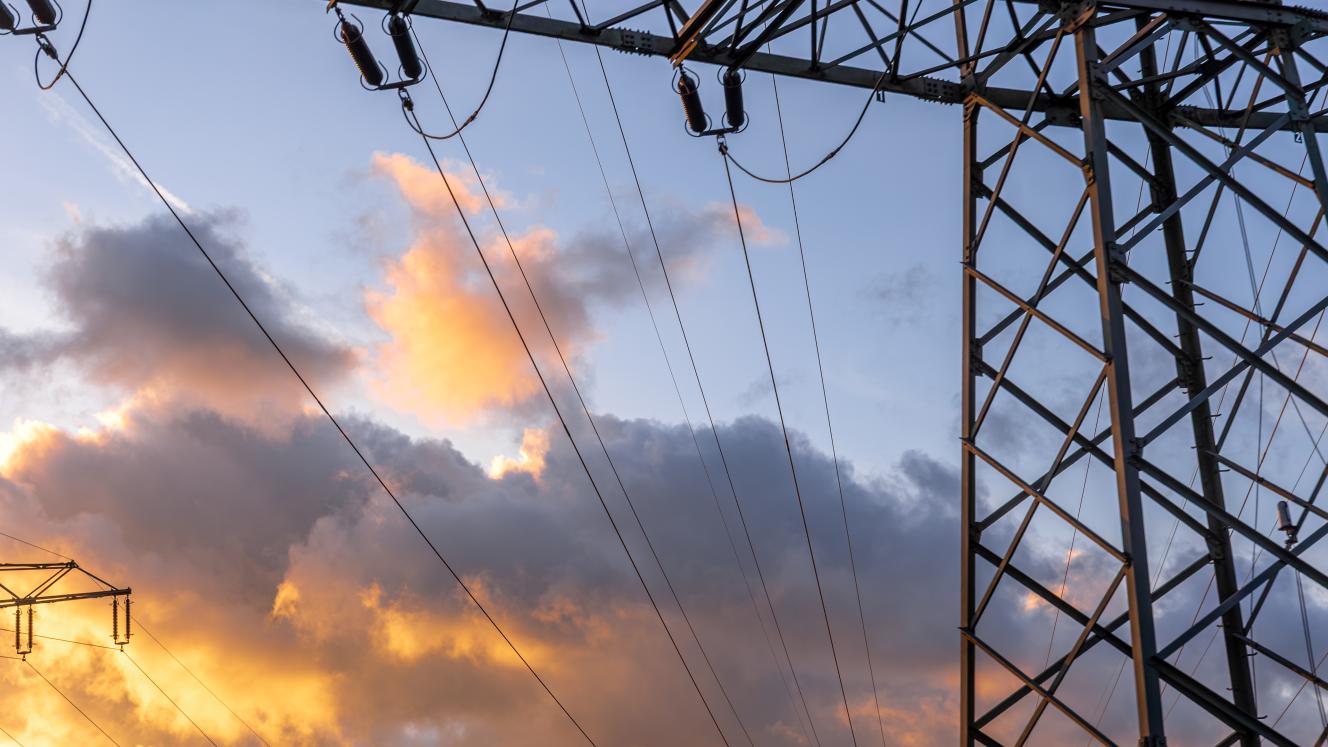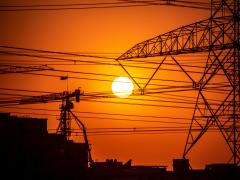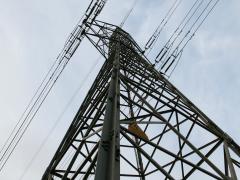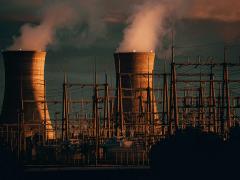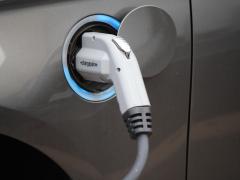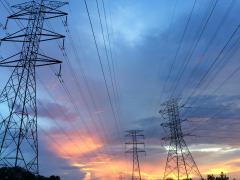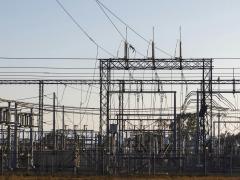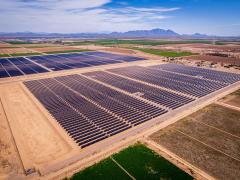Securing a power purchase agreement, obtaining design approval and completing installation are significant milestones in a solar and smart grid project. However, many projects encounter delays at the grid compliance stage due to overlooked power quality (PQ) issues – an increasingly common obstacle.
This is usually not because of technology, scheduling, hardware or funding but because of oversights in PQ visibility that are discovered late in the commissioning process and a clause in NRS 048-2 that wasn’t fully addressed in the monitoring plan. Harmonic distortion, voltage flicker, imbalance across phases, transients or incomplete PQ data have all resulted in conditional approvals, deferred sign-offs and, in some cases, the need for supplemental studies.
By the time these issues surface, remediation is rarely inexpensive:
- Energisation is delayed beyond the expected commercial operation date
- Financial models are affected by rescheduling or penalty clauses
- Project teams are drawn into avoidable rework and reporting cycles
These scenarios are preventable – but only if grid compliance is managed as a continuous and verifiable process, not a one-off event.
In this month’s issue of Energize, the lesser-seen causes of grid connection delays are unpacked, highlighting why PQ monitoring – especially at waveform level – is becoming essential to a project’s overall risk profile.
Key insights include:
- Why static PQ reports can miss key dynamic issues
- What NRS 048 expects in terms of quality, timing and waveform granularity
- How tools like the VECTO 3 waveform-synchronised PQ measurement device and the cloud-based VECTO Grid OS analysis and visualisation platform are helping teams meet operator requirements with pre- and post-commissioning real-time synchronised data
With grid codes evolving and more generation connected at the edge, compliance is no longer just a box to tick – it’s a dynamic, data-led discipline.
The cost of not identifying a problem until it’s too late? Project delays, investor pressure and expensive retrofits – all avoidable.
The solution? Independent, standards-based, waveform-level PQ monitoring that offers evidence before disputes arise – and clarity before risk escalates.
Before the next connection study – or energisation sign-off – consider the importance of thorough PQ monitoring.
Read: Grid Compliance in South Africa – The Hidden Risk
To delve deeper into this topic, tune in to the latest podcast:
This essential podcast explores the technical and regulatory challenges facing independent power producers in South Africa, unpacking the complexities of grid access, PQ standards like NRS 048 and the systemic risks impacting renewable energy project development. Gain valuable real-world insights from industry experts on navigating grid connection requirements – knowledge that could save the next project from costly delays and compliance issues.

